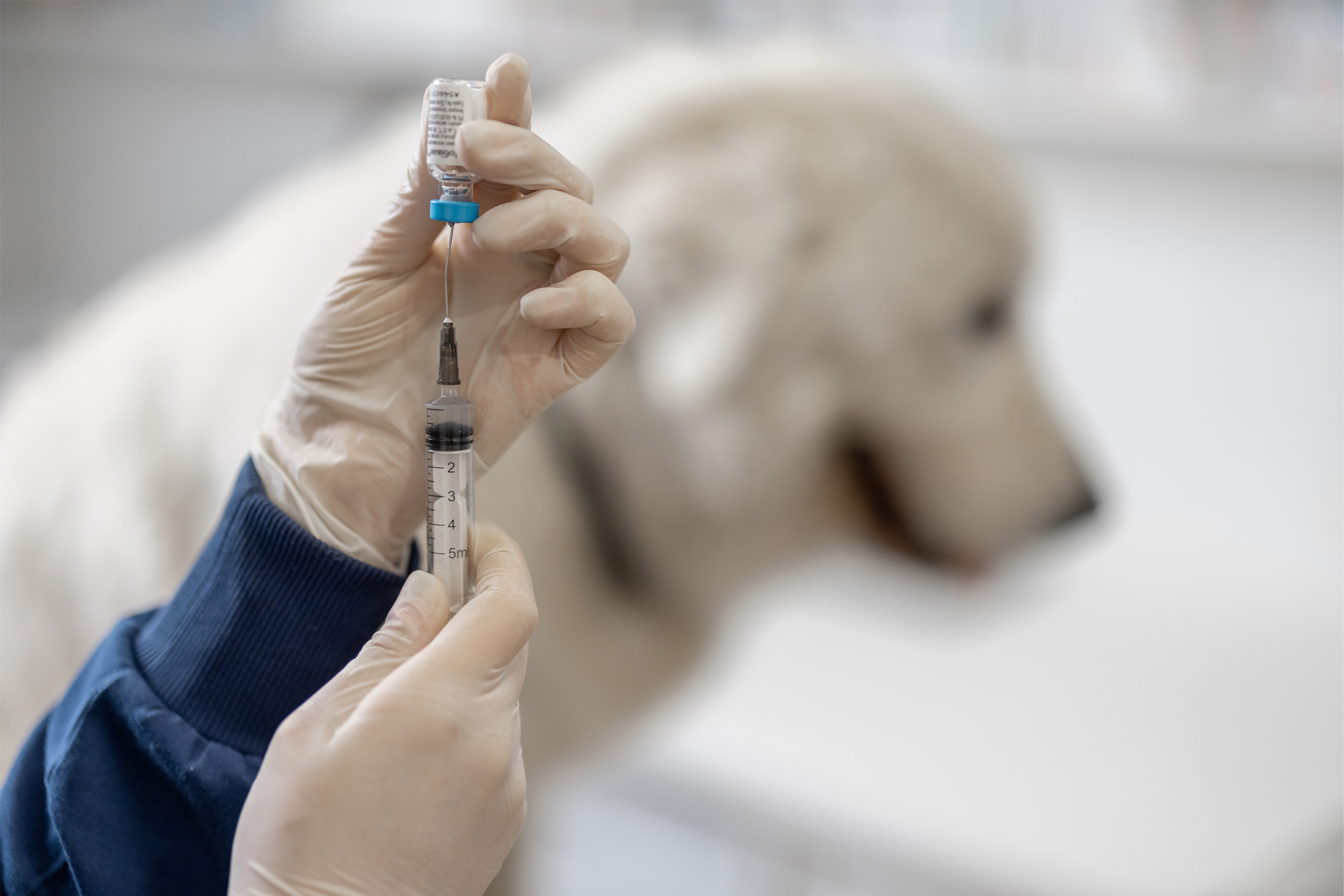Dogs quickly become members of our families, so it’s important to make sure their health is being looked after. There are some chances that dogs, especially certain breeds, may develop diabetes, thus needing insulin and proper veterinary care.
![]() If your dog has been diagnosed with diabetes, most likely Type-1 diabetes, there are some things you can do to make sure its quality of life isn’t drastically altered and that your lifestyle doesn’t also drastically change in caring for your dog.
Breeds and Causes
While the exact cause of diabetes is not known, there are several key factors in its development. In dogs, the factors include autoimmune diseases, weight, abnormal pancreas function and medication intake.
There are some breeds of dogs that are more prone to developing diabetes than others. Breeds that have a greater risk of Type 1 diabetes include Schnauzers, Poodles, Samoyeds, Australian Terriers, Dachshunds and Keeshonds. Juvenile diabetes is also more common in Golden Retrievers.
A dog’s age and gender also play a role in the development of diabetes. Older dogs, between the ages of six and nine year old, have an increased risk, as well as obese dogs and female dogs.
Symptoms To Watch Out For
If you are concerned that your pup may have developed diabetes, there are some warning signs to watch for and that may cause concern. Here is a list of some of the symptoms a diabetic dog may experience:
If your dog has been diagnosed with diabetes, most likely Type-1 diabetes, there are some things you can do to make sure its quality of life isn’t drastically altered and that your lifestyle doesn’t also drastically change in caring for your dog.
Breeds and Causes
While the exact cause of diabetes is not known, there are several key factors in its development. In dogs, the factors include autoimmune diseases, weight, abnormal pancreas function and medication intake.
There are some breeds of dogs that are more prone to developing diabetes than others. Breeds that have a greater risk of Type 1 diabetes include Schnauzers, Poodles, Samoyeds, Australian Terriers, Dachshunds and Keeshonds. Juvenile diabetes is also more common in Golden Retrievers.
A dog’s age and gender also play a role in the development of diabetes. Older dogs, between the ages of six and nine year old, have an increased risk, as well as obese dogs and female dogs.
Symptoms To Watch Out For
If you are concerned that your pup may have developed diabetes, there are some warning signs to watch for and that may cause concern. Here is a list of some of the symptoms a diabetic dog may experience:
- Weight loss
- Increased urination
- Excessive thirst
- Sweet-smelling breath
- Dehydration
- Vomiting
- Urinary tract infections
- Blindness
- Skin Infections
- Give your dog’s insulin at the same time every day
- Keep meal times at the same time during the day
- Beware of the glucose levels in the dog treats you buy
- Regularly check your dog’s blood glucose levels
Recent Posts
-

-
 Yesenia04/25/2024
Yesenia04/25/2024The 12 Must Have Essential Oil Video Series
-
 Yesenia04/21/2024
Yesenia04/21/2024Med Lab Supply – Your One Stop Shop for Wound Care Supplies







